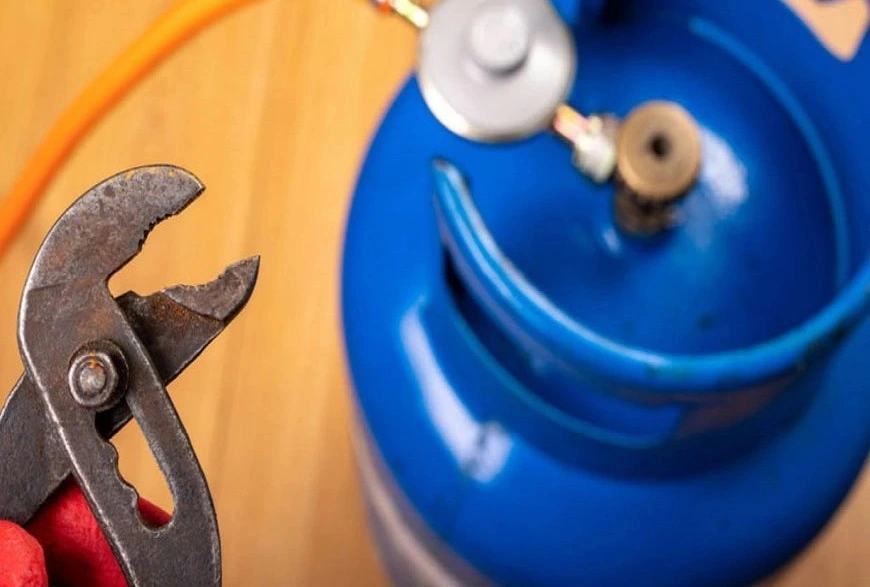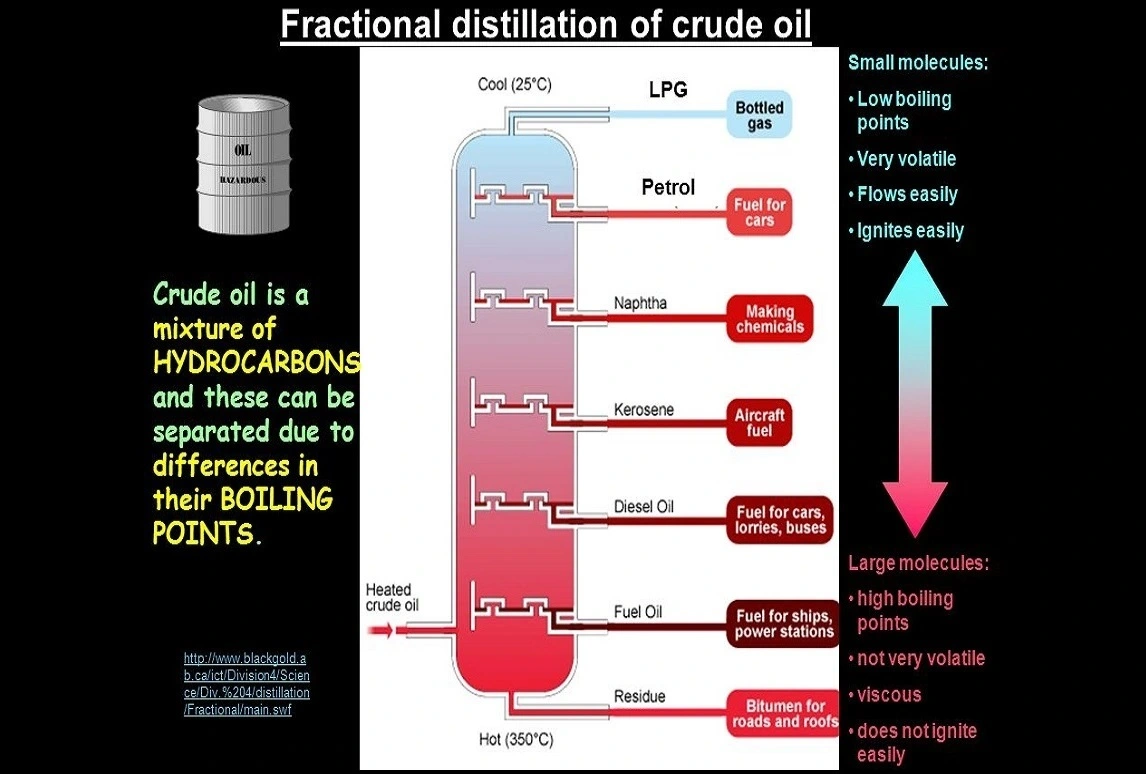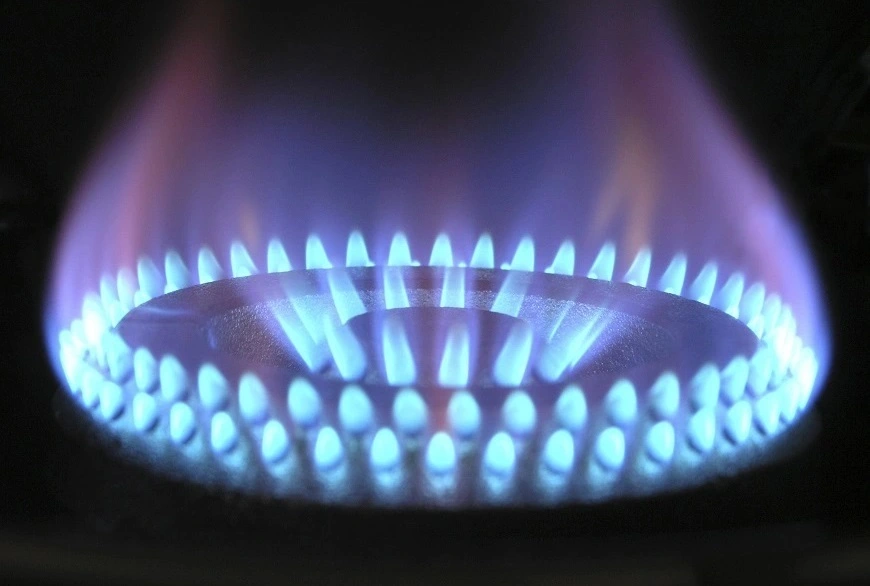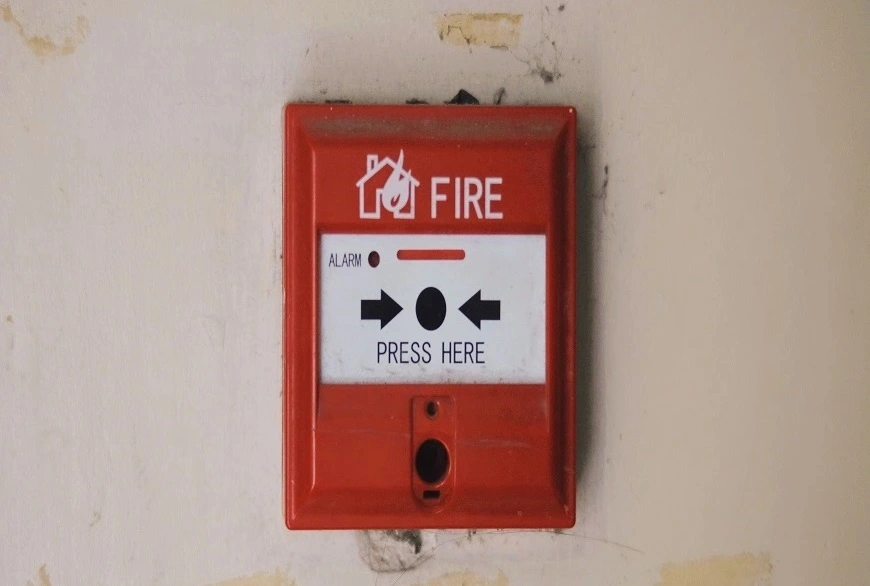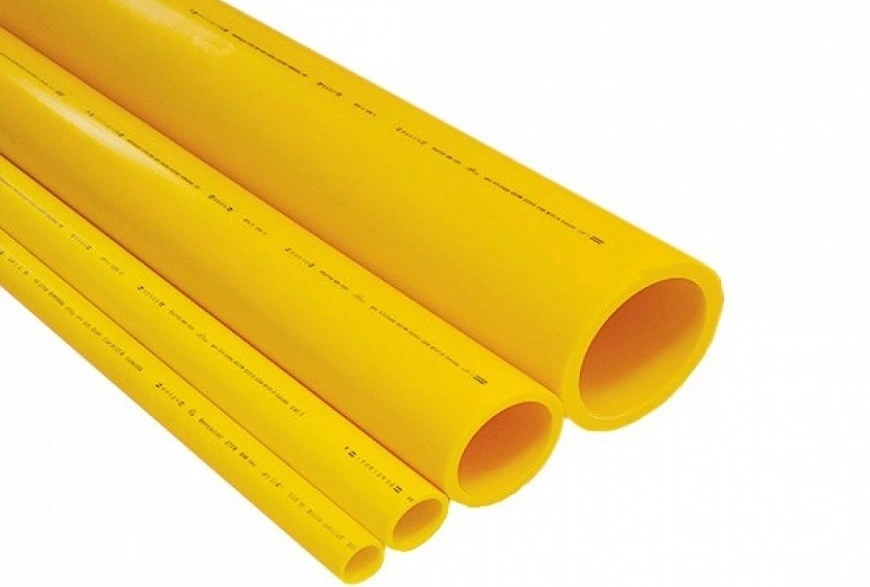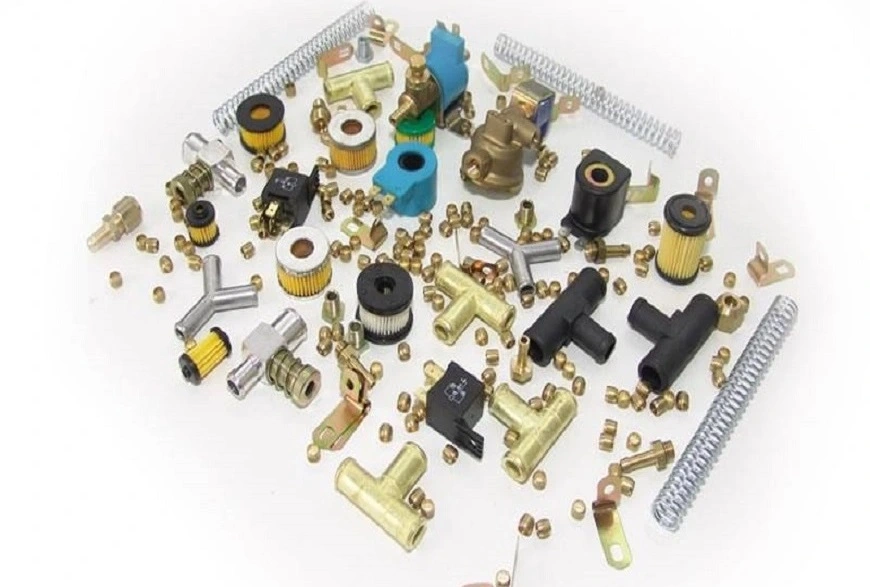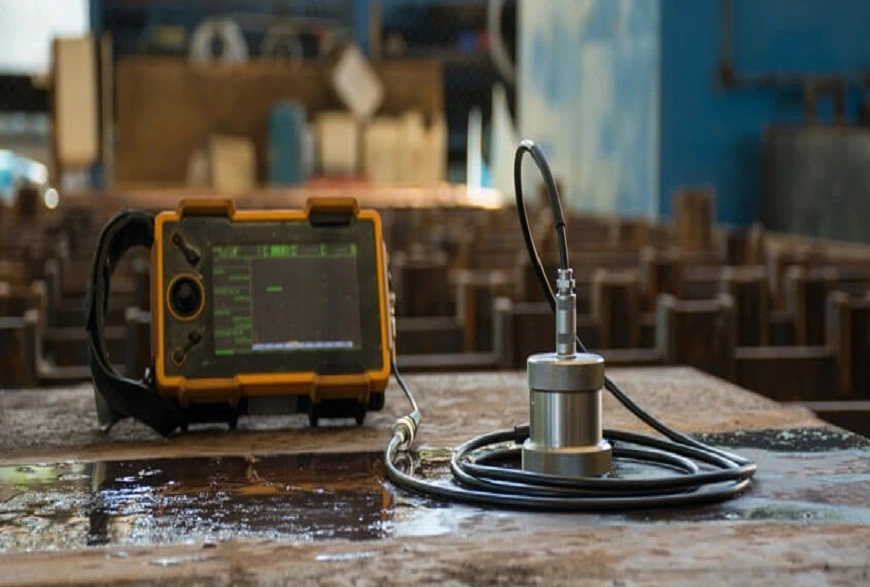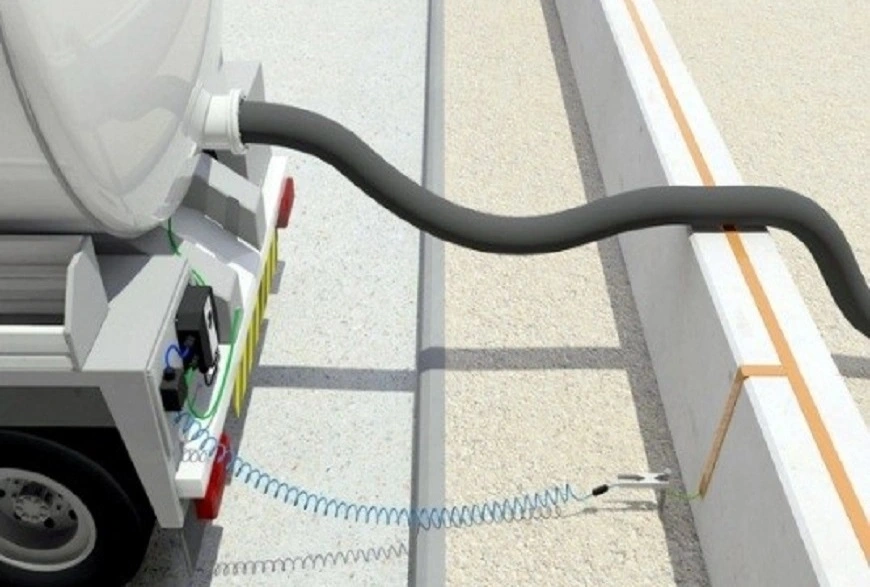Safety Precautions when using LPG
If you choose to use LPG (Liquefied Petroleum Gas) as your fuel source, it is important to take the necessary safety precautions to minimize the risk of fire or explosion. Here are some safety precautions you should take if you use LPG:
Here are some safety precautions you should take if you use LPG:
- Use only approved appliances and equipment: Only use appliances and equipment that have been approved for use with LPG. These will have the appropriate safety features and will have been tested to ensure they are safe to use.
- Have your LPG system inspected regularly: Have your LPG system and appliances inspected by a qualified professional on a regular basis. This will ensure that any leaks or other issues are detected and repaired before they become a safety hazard..
- Store LPG tanks and cylinders safely: Store LPG tanks and cylinders in a well-ventilated area, away from heat sources, and in an upright position. Make sure they are secured to prevent them from falling over.
- Use proper ventilation: Make sure that the room or area where the LPG appliances are located is well ventilated. This will help to dissipate any gas that may leak, reducing the risk of fire or explosion.
- Install a carbon monoxide detector: Install a carbon monoxide detector in the room or area where the LPG appliances are located. Carbon monoxide can be a by-product of incomplete combustion of LPG and can be fatal if inhaled in large concentrations.
- Follow the manufacturer's instructions: Follow the manufacturer's instructions for using and maintaining your LPG appliances and equipment.
- Have a fire extinguisher nearby: Keep a fire extinguisher nearby in case of emergency.
By following these safety precautions, you can reduce the risk of fire or explosion and ensure the safe and efficient use of LPG as a fuel source. It's also important to always be aware of the signs of gas leaks, like a strong smell of rotten eggs, hissing sounds, and dead or dying plants.
What to do if you suspect gas leaks at home?
If you suspect a gas leak in your home, it is important to take immediate action to prevent a potential fire or explosion. Here are some measures you should take if you suspect an LPG (Liquefied Petroleum Gas) leak:
- Evacuate the area immediately: Leave your home or the affected area and go to a safe place. Do not use any electrical switches or appliances, as they could ignite the gas.
- Shut off the gas supply: If possible, locate the main gas valve and turn it off. This will stop the flow of gas and reduce the risk of fire or explosion.
- Open windows and doors: Open windows and doors to allow fresh air to circulate and help dissipate any gas that may have leaked.
- Do not use any electronic devices: Do not use any electronic devices such as phones, lights, or appliances, as they could ignite the gas.
- Call for professional help: Call the gas company or a licensed plumber to come and check for leaks and repair any damage.
- Do not return until it's safe: Do not return to the affected area until it has been declared safe by a professional.
It's also important to have a carbon monoxide detector, and to have them checked regularly to ensure they are working properly. It's also important to have regular maintenance check-ups and to be aware of the signs of gas leaks, like a strong smell of rotten eggs, hissing sounds, and dead or dying plants.
What causes LPG leaks in and around the house?
There are several potential causes of LPG (Liquefied Petroleum Gas) leaks in and around the house. Some of the most common causes include:
- Damaged or worn-out equipment: LPG appliances and equipment can become damaged or worn out over time, which can lead to leaks.
- Improper installation: If LPG equipment is not installed properly, it can lead to leaks.
- Corrosion: LPG appliances and equipment can corrode over time, particularly if they are exposed to moisture or other corrosive substances.
- Poor maintenance: LPG appliances and equipment require regular maintenance to ensure they are in good working order. Failure to perform regular maintenance can lead to leaks.
- Loose connections: Loose connections between appliances and the LPG supply can cause leaks.
- Human error: Leaks can occur due to human error, such as accidentally turning off the wrong valve or mishandling the LPG tanks or cylinder.
- Natural disasters: Leaks can occur due to natural disasters such as earthquakes, floods, or hurricanes that can damage the appliances, piping, and storage tanks.
It's important to have regular maintenance and check-ups, to be aware of the signs of gas leaks, like a strong smell of rotten eggs, hissing sounds, and dead or dying plants, and to have a qualified professional inspect and repair any leaks or damage as soon as they are detected.
What are the likely causes of LPG related fires?
Liquefied Petroleum Gas is a flammable and explosive fuel, and fires can occur as a result of several factors. Some of the most common causes of LPG-related fires include:
- Leaks: Leaks in the LPG system can cause gas to accumulate in an area, increasing the risk of fire.
- Improper installation: LPG equipment that is not installed properly can increase the risk of fire, particularly if it is not connected properly or if it is placed too close to heat sources
- Poor maintenance: LPG appliances and equipment require regular maintenance to ensure they are in good working order. Failure to perform regular maintenance can increase the risk of fire.
- Human error: LPG-related fires can occur due to human error, such as accidentally turning off the wrong valve or mishandling the LPG tanks or cylinder.
- Natural disasters: LPG-related fires can occur due to natural disasters such as earthquakes, floods, or hurricanes that can damage the appliances, piping, and storage tanks.
- Overheating: LPG appliances that overheat can cause a fire.
- Misuse: Using LPG appliances for purposes other than which they are intended, or not following the manufacturer's instructions can increase the risk of fire.
It's important to follow the safety precautions and guidelines when using LPG and to have regular maintenance and check-ups to minimize the risk of fire or explosion. It's also important to be aware of the signs of gas leaks, like a strong smell of rotten eggs, hissing sounds, and dead or dying plants.


